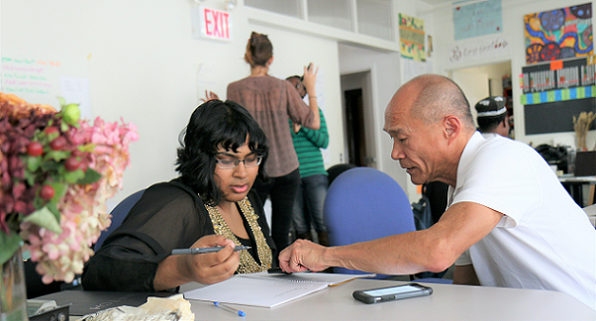In recent months, this Association has received enquiries from community sport organisations from around the country requesting help in resolving various issues relating to their day-to-day operations. In some cases these enquiries are not from organisations associated with "mainstream" sporting codes, but they are nonetheless sports that provide an important community benefit for those who enjoy and participate in them.
Whether it be a requirement for legal advice, guidance on governance best-practice, or a lack of knowledge of basic regulatory requirements when operating an incorporated entity, it is often only when issues emerge that the quality of voluntary “best endeavours” is called into question.

Generally, those tasked with the management and administration of their chosen sport are passionate supporters of their game, but are they not necessarily skilled in undertaking governance, financial or other roles requiring certain knowledge, skills and experience, which can expose their organisation (and potentially themselves, if their organisation is not incorporated, or becomes unincorporated), to potential risk and liability.
In the 1940’s, the “Citizens Advice Bureau” was formed (initially in the United Kingdom and later in New Zealand), with the express purpose of helping prudent citizens understand their personal legal obligations, rights and responsibilities in a world of increased regulatory complexity and social uncertainty. Since those early beginnings, the concept of providing professional “advice” on a pro-bono basis has become a key safety-net for those unsure of how best to resolve issues which they do not have the capability to personally navigate.

Given the importance of sport in providing mental, physical and social well-being to New Zealanders through a national family of 7,500 community clubs (who provide organised sport to an estimated 1.3 million people), it is apparent that there is now a specific need for there to be additional resources providing free, unbiased personal advice and support on how to manage the complexities of managing a sport organisation, whether large or small.
Here are six-steps which have the potential to help community sport organisations stay strong:
1. the creation of a free "0800 help-line" which can provide basic assistance or referrals to qualified professionals willing to provide advice to sports organisations on a pro-bono basis;
2. a regular, national programme of free seminars/tutorials which help volunteers understand their governance obligations in an increasingly complex world of community/social regulation;
3. the development of a diploma-course in community sport governance, which builds the technical capability of those interested in serving their community through sport;
4. allocating national grant-funding to assist in the payment of honoraria for administrators in organisations which can demonstrate best-practice in delivering community sport;
5. the creation of annual national awards which recognise and acknowledge excellence in the delivery of community sport governance and operations; and
6. a thorough review of the proposed reforms of the Incorporated Societies Act to ensure that volunteers are not placed under obligations beyond their competence, knowledge or skill.
Only by pro-actively "incentivising" volunteers to take on new responsibility - (and providing them with readily accessible, objective, professional resources) - will they continue to step-forward to serve their communities in a way which not only enhances their personal capability, but also improves the performance of their sport organisations.
